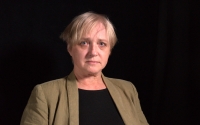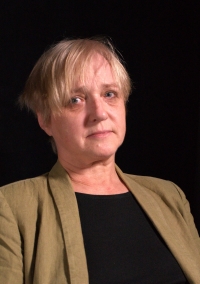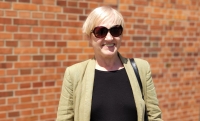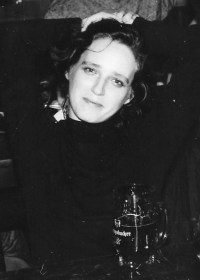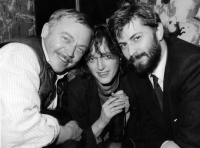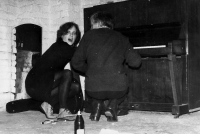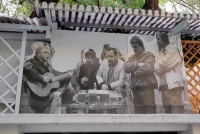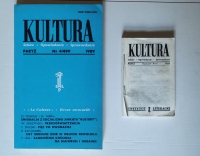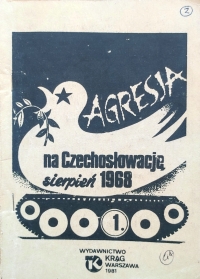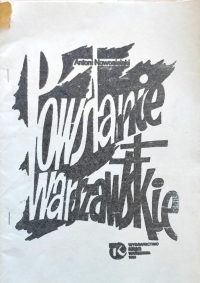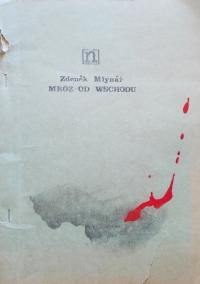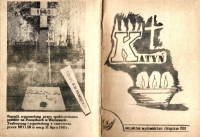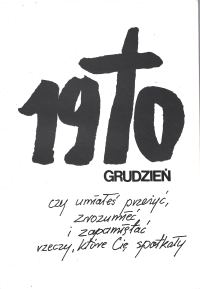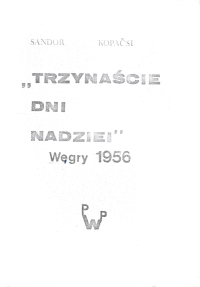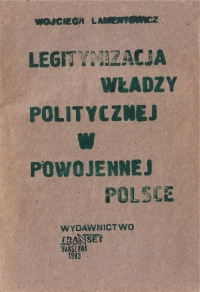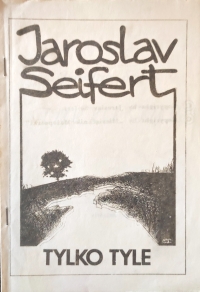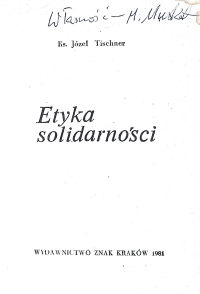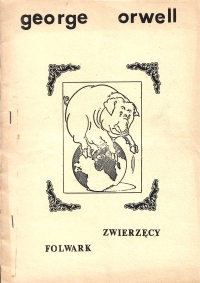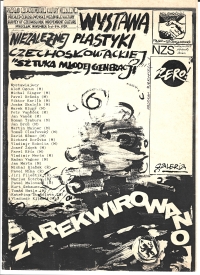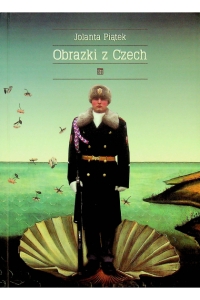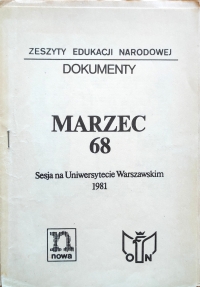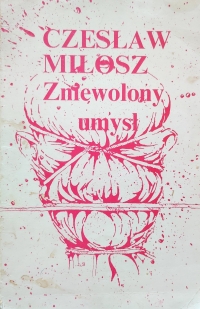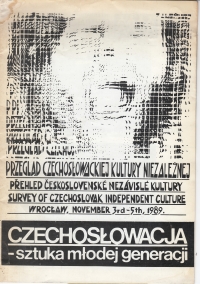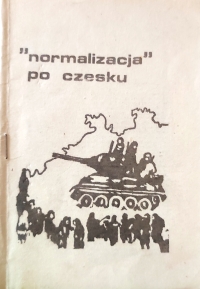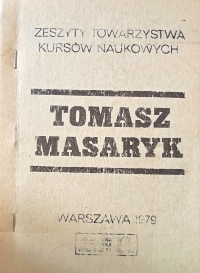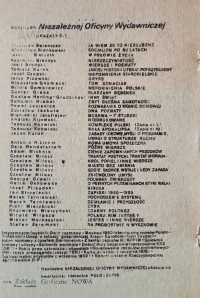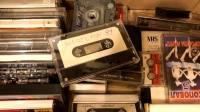Kryl did not expect such a reception in Wroclaw, nor the crowds of Czechs. He was happy

Stáhnout obrázek
She was born on 14 June 1959 in Bielawa in Lower Silesia, her parents were Poles who settled in the former German territory after the war. After graduating from high school in Dzierżoniów, she studied political science at the University of Wrocław for a year and a half, switching to Polish studies in 1979 and taking over the management of its underground library from Student Solidarity Committee (SKS) activist Renata Otolińska. She also ran it during the Solidarity Carnival, when the library functioned officially under the banner of the Independent Students‘ Association (NZS), and again in secret after the declaration of martial law on 13 December 1981. In 1985, she graduated from Polish Studies and joined the Polish Studies library, where she hid banned books. In May 1989, she was involved in the preparation of the International Seminar on Central Europe and the Festival of Czechoslovak Independent Culture, which took place in Wroclaw from 3 to 5 November 1989. After the fall of communism she worked as a journalism editor at Radio Wroclaw. From 2001-2010 she lived in Prague and described her experiences in the book Obrazki z Czech. In 2016 and 2017, she worked as a spokesperson for the mining concern KGHM Capital Group and from 2017 to 2019 she was the director of Radio Wroclaw. In 2023, she lived in Wrocław.
